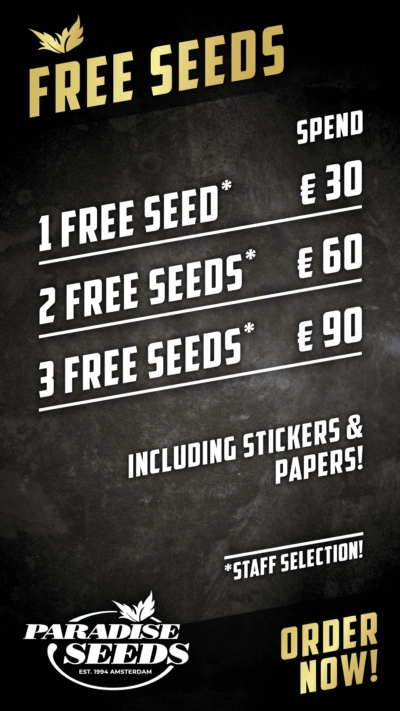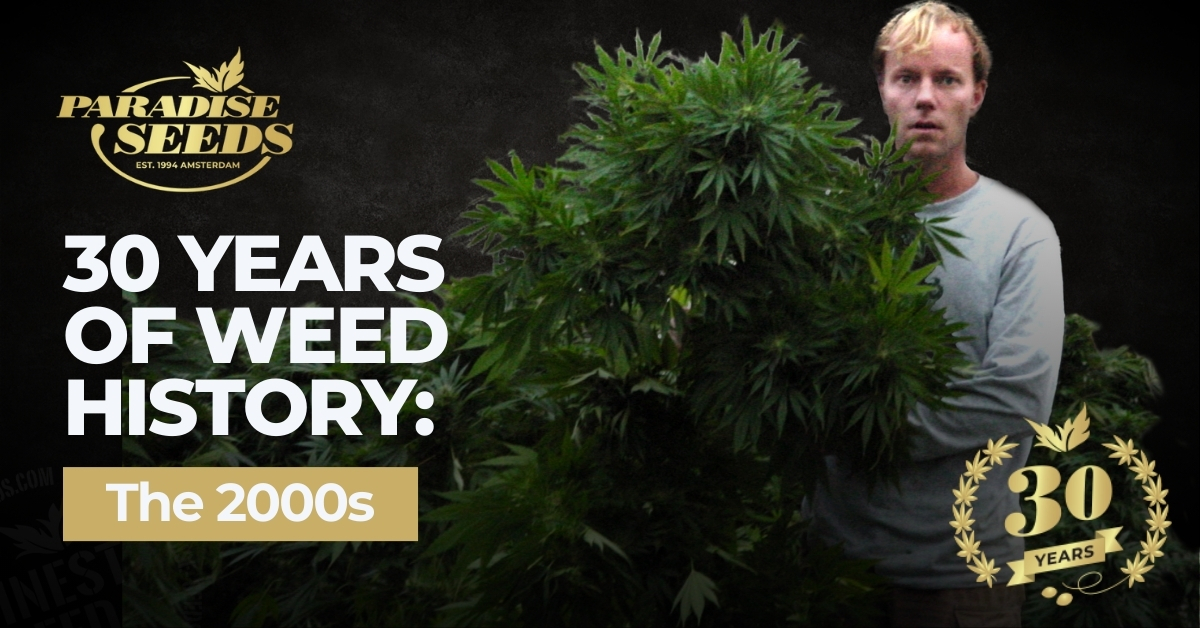This article conttinues the Paradise Seeds story which began with a chapter on the 1990s history. At the turn of the new Millenium, Paradise Seeds was sitting pretty! Paradise owner and breeder, Luc Krol, had just won the High Times and Highlife cups with Sensi Star and this had created a great buzz around the brand.
The cannabis scene was changing rapidly and the internet was the catalyst along with advances in technology (and cheaper prices) which gave more cannabis lovers the power to grow their own. However, growers still needed good genetics!
Paradise Seeds story: The Swiss Years
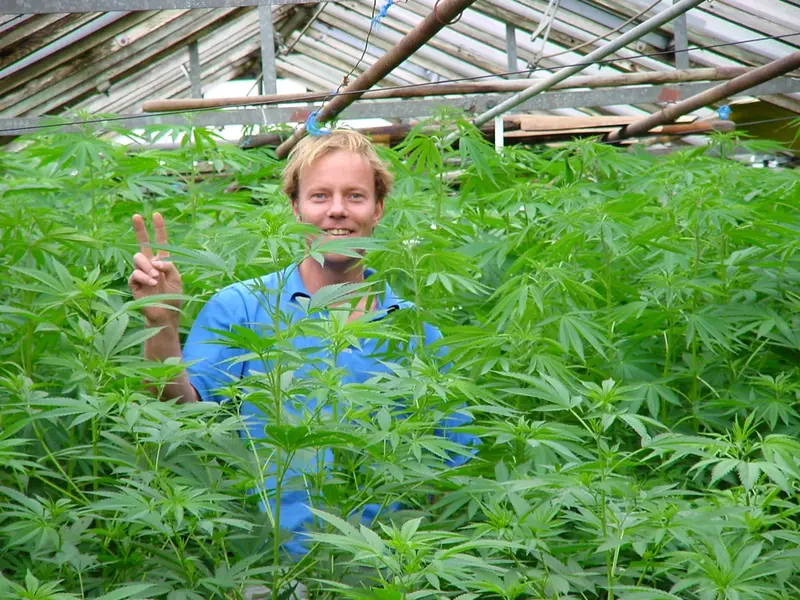
The next part of the Paradise Seeds story saw the company move cannabis seed production to Switzerland at the start of the new decade, where it began working with local partners. At that time the country had developed a reputation for tolerance, based on its ‘four pillars’ approach to drugs policy and cannabis was effectively decriminalized in Switzerland.
This led to an explosion of dispensaries in the European country, where cannabis was allowed to be sold inside ‘aroma’ pillows and cushions. Luc remembers that you could buy “A thousand Euro cushion, with a kilo of weed inside!”.
The Swiss legalization dream ended in 2004 when the parliament narrowly voted not to officially decriminalize the plant. Not for the first (or last) time, the question of legality and criminality in relation to cannabis was shrouded in layers of gray.
An unfortunate twist in the Paradise Seeds story saw a police raid on the seed production facility, despite lawyer’s letters stating that it was legal, and a trial which followed. Although Paradise was acquitted on charges of cultivating cannabis, it was no longer able to stay in Switzerland.
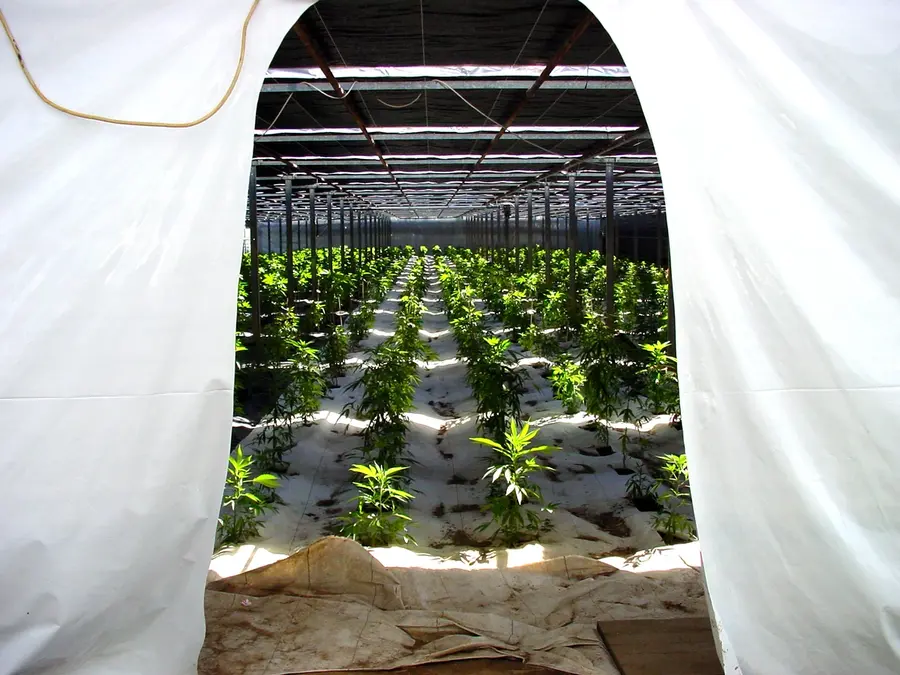
Although it was a stressful time, it had some funny moments. Luc remembers that during the trial, the police were watering the plants at the seed production facility as it was unclear whether Paradise was acting against regulations that were in force at that time!
Back in the Dam!
Paradise moved back to the Netherlands, nevertheless, ‘the Swiss years’ were fundamental in driving the Paradise breeding program forward. It produced new strains Rox, Swiss Bliss, Sugar Babe and strains which Paradise still sells today, including Dutch Dragon, Allkush and Belladonna.
Aside from breeding distinctive varieties, which enjoyed popularity across Europe, on the west coast of America and in little pockets of cannabis community around the world, Luc was driven by a desire to innovate. It is a characteristic which repeats throughout the Paradise Seeds story spanning three decades.
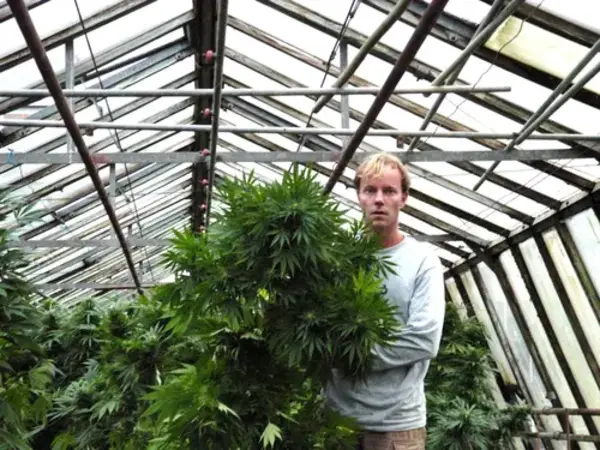
Paradise Story in the 2000s: The development of feminized seeds
In the early 2000s, he turned his attention to creating feminized cannabis seeds. There was clear potential in selling seeds with a guarantee to growers that each plant would be a female. Although feminized seeds had been in existence since the 1990s, there were limitations around the quality and consistency.
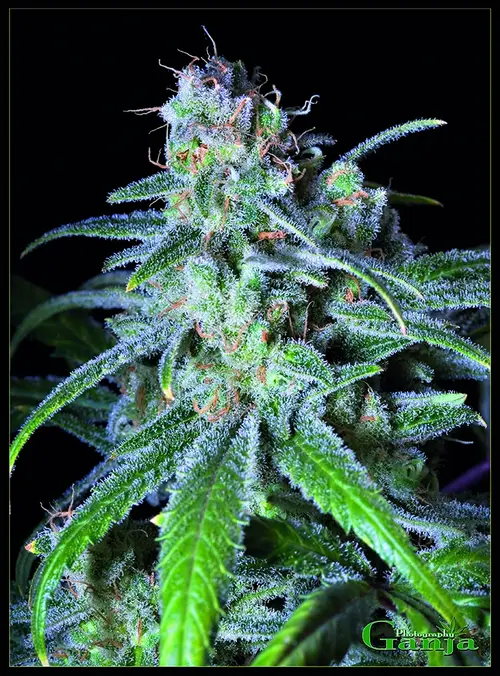
Luc set to work to refine the process, using academic research papers. “I pretty much had to learn how to do it myself,” says Luc. “I began work on this project in early 2000 and we released our first batch of feminized strains in 2002 (including Paradise’s classic Nebula).”
It took a while for feminized seeds to become accepted by some growers who swore that regular seeds produced better plants. However, almost 20 years later, they are an industry standard and no grower would complain about the convenience they provide today!
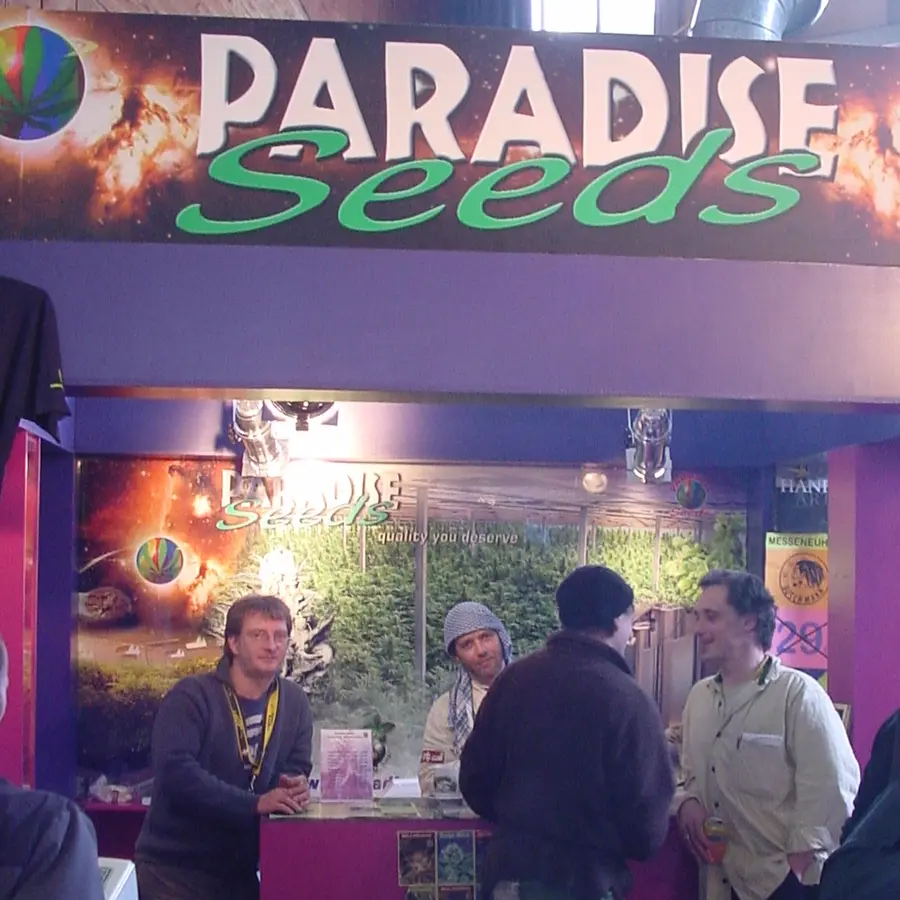
Paradise strains kept coming, as did the awards from the cannabis industry, with multiple cup wins over the 2000s. There were high performance sativas, such as Jacky White, and Delahaze, alongside indicas like White Berry, Wappa and Ice Cream.
“There were a lot of great strains in those years, but one of my favorites was Ice Cream,” says Luc. “At the time, it was just so different. Very nosey, super sticky, with such an impressive build-up of trichomes and beautiful colors in the grow room.”The vanilla tasting plant was nicknamed ‘The Ferrari of plants’. “For four weeks it hardly grew at all and then boof, it suddenly accelerated!”
Autoflowering varieties change the game!
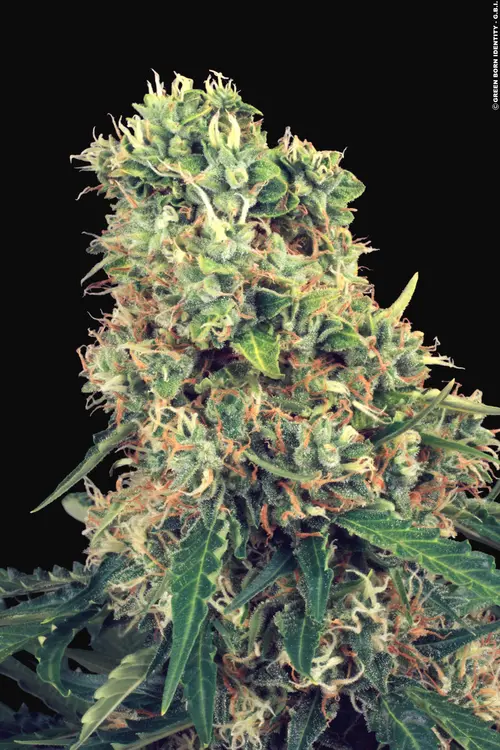
As the 2000s approached the end of the decade, Paradise was also at the forefront of another innovation, as one of the first seed companies to breed autoflower seeds. Although the Lowryder, with cannabis ruderalis in the genes, had been around since the 1990s, Paradise was one of the first seed companies to take autos to new heights with the release of Vertigo and Pandora.
The huge demand for autos mirrored the popularity boom across the cannabis industry from the mid 2000s. “It was a very dynamic time,” Luc remembers. “Business was booming all over Europe and home growing really took off. It wasn’t just seeds either.
The home growing revolution of the 2000s
There were grow shops sprouting like mushrooms all over Europe. Not just in the big cities but also in small provincial towns. Because of the home growing boom, satellite businesses around the growing also did very well, for example those companies selling lights and fertilizers and grow tents.
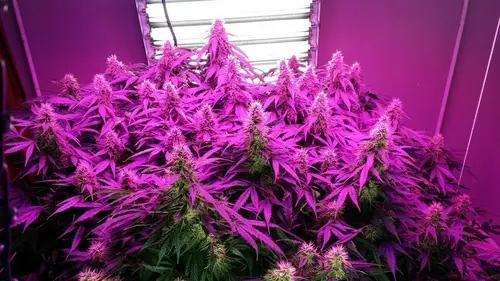
Growing knowledge just grew and grew thanks to these new networks – grow shops giving advice and also the amount of material available on the internet. Paradise was super popular and it was around this time that I started to think ‘it would be great to open a Paradise Seeds store in Amsterdam… but that’s a Paradise Seeds story for the next chapter!”

